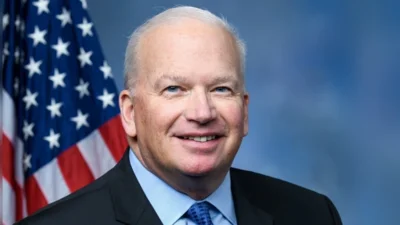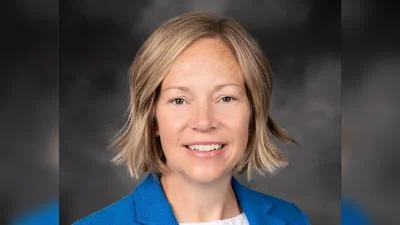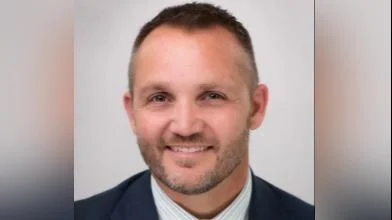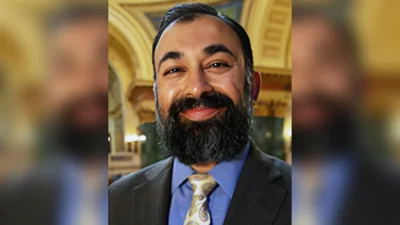Robyn Vining, Wisconsin State Representative for 13th District | Official Website
Robyn Vining, Wisconsin State Representative for 13th District | Official Website
According to the Wisconsin State Legislature's official website, the bill was described as follows: "grants for prospective school social workers, granting rule-making authority, and making an appropriation. (FE)".
The following is our breakdown, based on the actual bill text, and may include interpretation to clarify its provisions.
In essence, this bill mandates the Department of Public Instruction to set up a grant program to financially support individuals from racial minority groups in obtaining the education required for a school social worker license. Target recipients include those employed by a school board or enrolled in undergraduate or graduate programs for social work licensure. The bill appropriates $5 million annually for this purpose. The department is granted rule-making authority to administer the program effectively. The bill takes effect the day after publication, or two days after the enactment of the 2025 biennial budget act, whichever is later.
The bill was co-authored by Senator LaTonya Johnson (Democrat-6th District), Representative Clinton M. Anderson (Democrat-45th District), Representative Margaret Arney (Democrat-18th District), Representative Mike Bare (Democrat-80th District), Representative Brienne Brown (Democrat-43rd District). It was co-sponsored by Senator Dora E. Drake (Democrat-4th District), Senator Dianne H. Hesselbein (Democrat-27th District), and Senator Sarah Keyeski (Democrat-14th District), along 25 other co-sponsors.
Robyn Vining has co-authored or authored another 54 bills since the beginning of the 2025 session, with all of them being adopted.
Vining graduated from James Madison University in 1999 with a BA and again in 1999 from James Madison University with a BS.
Vining, a Democrat, was elected to the Wisconsin State Assembly in 2025 to represent the state's 13th Assembly district, replacing previous state representative Tom Michalski.
In Wisconsin, the legislative process starts when a senator, constituent, group, or agency proposes an idea for a bill. After drafting, the bill is introduced, numbered, and referred to a committee for review and public input. If approved, it moves through three readings and votes in both the Senate and Assembly. Once both chambers pass the same version, the bill goes to the governor, who can sign it, veto it, or let it become law without a signature. Only a small share of bills introduced each session ultimately become law. You can learn more about the Wisconsin legislative process here.
| Bill Number | Date Introduced | Short Description |
|---|---|---|
| AB341 | 07/08/2025 | Grants for prospective school social workers, granting rule-making authority, and making an appropriation. (FE) |
| AB340 | 07/08/2025 | Payment for school medical services. (FE) |
| AB339 | 07/08/2025 | Aid for comprehensive school mental health services and making an appropriation. (FE) |
| AB338 | 07/08/2025 | Coverage of treatment for mental health or substance use disorders under health insurance policies and plans |
| AB337 | 07/08/2025 | Training to address student mental health and making an appropriation. (FE) |
| AB336 | 07/08/2025 | Funding for University of Wisconsin System student health services and making an appropriation. (FE) |
| AB335 | 07/08/2025 | Stipend payments for school social worker interns and making an appropriation. (FE) |
| AB334 | 07/08/2025 | Requiring bicycle and pedestrian facilities in highway projects and granting rule-making authority. (FE) |
| AB316 | 07/08/2025 | Grants for LGBTQIA+ rights training for school counselors and school social workers and making an appropriation. (FE) |
| AB98 | 03/03/2025 | Pupils wearing traditional tribal regalia at a graduation ceremony or school-sponsored event |






 Alerts Sign-up
Alerts Sign-up